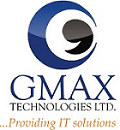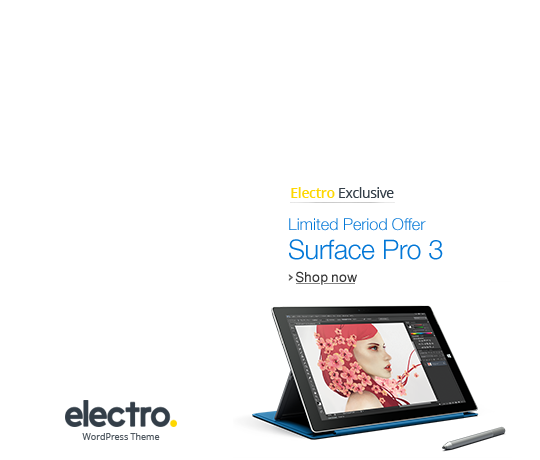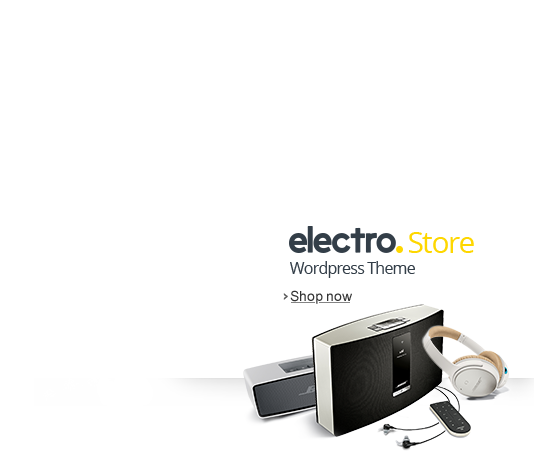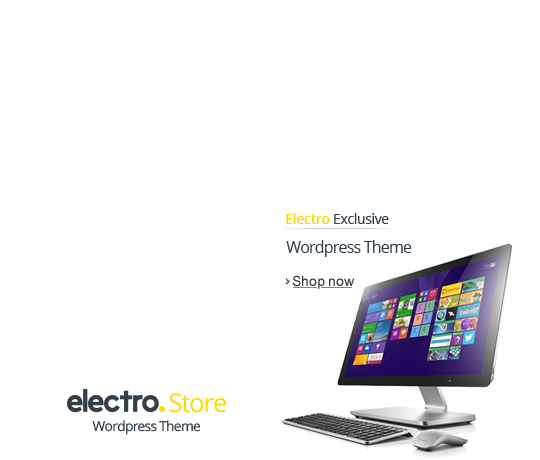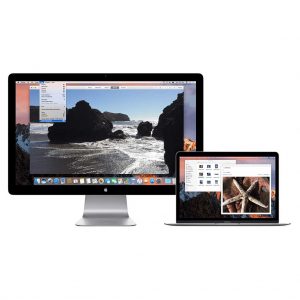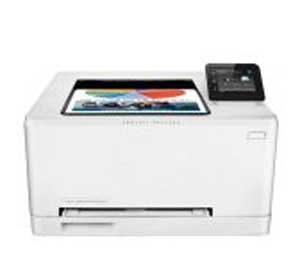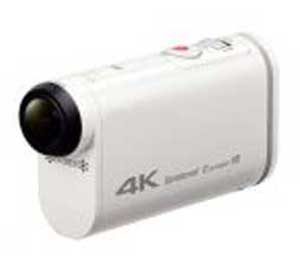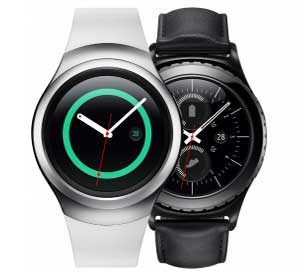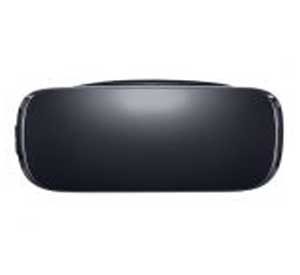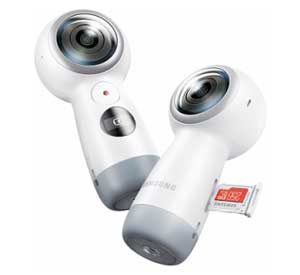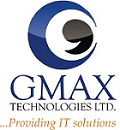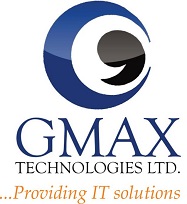Innovative technology are changing the taxation gardening. These advanced tools are allowing auditors to access and leverage vast lies of consumer data designed for deeper insights into risk, inventory and system control buttons.
Technology could also assist with classical, audit methods, such as substantive analytical procedures, minimizing the amount https://data-audit.net/2020/04/05/audit-and-its-types-objects-methods of time invested in documentation and data collection. This allows auditors more time to work with their most effective skills: professional skepticism and judgment.
Some technology-driven strategies include blockchain, manufactured intelligence (AI), data and analytics, robotic procedure automation and drones. These tools enable better and effective ways of doing the auditing function, and also delivering better-quality outcomes pertaining to clients.
For example , using AI-enabled document visitors to analyze monetary statements allows auditors to quickly flag flaws and identify incongruencies. Similarly, the application of drones to assist physical products on hand counts reduces auditing some improves dependability. Other scientific advances, just like process exploration and machine learning, can be applied to automate the review of data sets designed for the recognition of potential issues.
Benefiting from these advances requires a mindset move from simply being afraid to try new things to embracing them with an open mind. This is especially important if the risk linked to a new technology can be been able and mitigated through correct training, including on-the-job training, simulations and closely watched live sites to be.
Some environmental factors that influence a firm’s trespassing of these emerging technology include client preferences, competition activity, regulatory respond to the use of technology in the taxation and regional/global shifts toward digitization. These can impact an audit firm’s willingness to embrace and implement these technologies in the practice.
